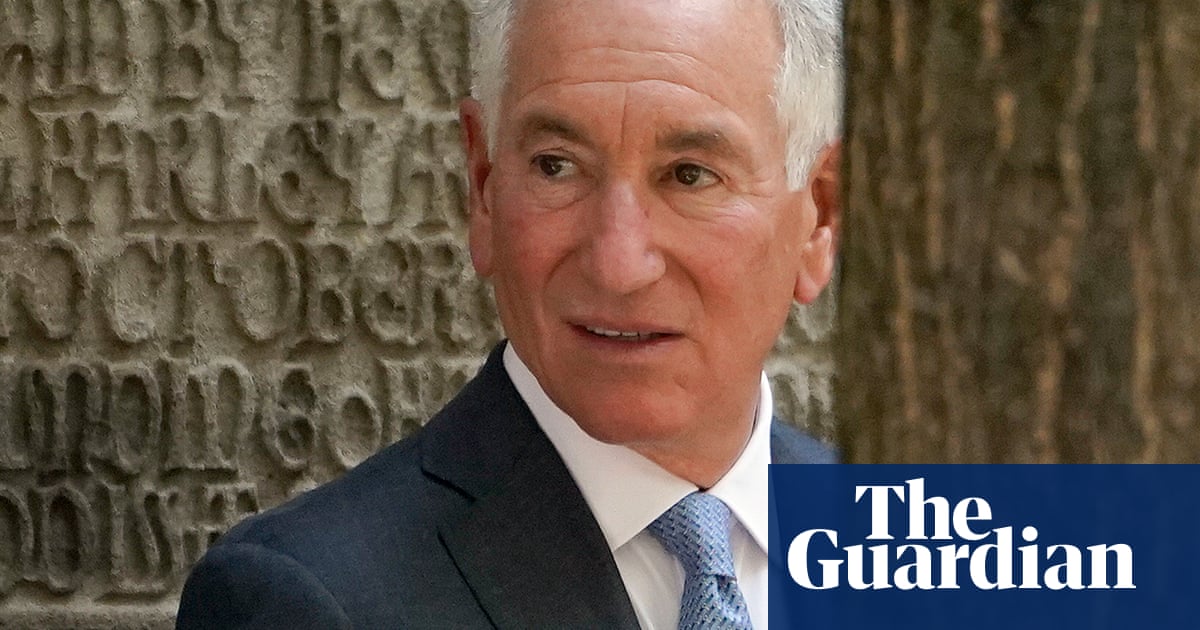Charles Kushner, the father ofDonald Trump’s son-in-law Jared, has secured US Senate confirmation to serve as the nation’s ambassador to France.
The elder Kushner’s confirmation late Monday came a little more than four years after Trump, during his first presidency, pardoned him from his conviction on charges of tax evasion and other federal crimes.
Cory Booker of New Jersey was the only Democratic senator to vote in support of the nomination. His vote came after Jared Kushner and Ivanka Trump – his wife and the president’s daughter –helda fundraiser for Booker as he successfully ran for the Senate in 2013.
Lisa Murkowski of Alaska defected from her fellow Senate Republicans to vote against Charles Kushner’s appointment to the French ambassadorship, though that did not impede him from beingconfirmedby a 51 to 45 vote.
Kushner had been asked about his crimes during hisconfirmation hearingbefore the Senate foreign relations committee.
He pleaded guilty in 2005 to 18 charges that includedtax evasion, retaliating against a federal witness and making false statements to the Federal Election Commission. The witness tampering chargeinvolvedhis hiring a sex worker to seduce his brother-in-law, who was cooperating with federal authorities. Kushner arranged to secretly record the encounter between the sex worker and his brother-in-law and then send the footage to his sister, the other man’s wife.
Trump pardoned Kushner for those crimes in December 2020 after Joe Biden had defeated him in that year’s election. Trump retook the White House after defeating Kamala Harris in November’s election.
“My misjudgment and mistake was over 20 years ago,” Kushner said. “Since then, I’ve been pardoned by President Trump. But I don’t sit here before you today and tell you I’m a perfect person. I am not a perfect person. I made a very very, very serious mistake, and I paid a very heavy price for that mistake.”
Kushner ultimately spent 14 months in a federal prison in Alabama and finished the remainder of his two year sentence at a halfway house in Newark, New Jersey.
Former New Jersey governor Chris Christie, a Republican, prosecuted Kushner at the time. Christie called Kushner’s case “one of the most loathsome, disgusting crimes” he had ever prosecuted.
Democratic US senator Tina Smith of Minnesota criticized the appointment and vote,stating on social media: “There’s a lot going on in the world at the moment ... and how’s the Senate spending its time? We’re voting on Jared Kushner’s dad (a convicted felon who Trump pardoned) to be Ambassador to France, sending a billionaire convicted felon (and relative) to serve as a top diplomat.”
Kushner is Trump’s 10 foreign ambassador to receive confirmation by the Senate so far.
Trump has also appointed daughter Tiffany Trump’s father-in-law,Massad Boulos,as a senior adviser.
